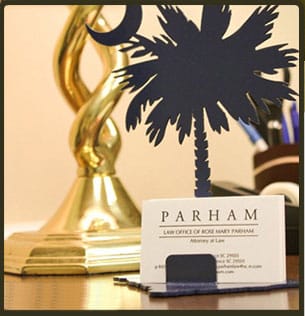Have you ever wondered what makes a police officer pull over a person for the suspicion of drunk driving? There are several possibilities. Maybe someone called the police dispatchers or maybe the officer noticed something amiss. In any case, it is imperative that the officer does have a valid reason to stop someone.
When they are conducting a traffic stop, the officer might cite reasonable suspicion as the reason for the stop. This means that the officer saw something that led him or her to believe that the driver is impaired or that something just isn’t right. There are several actions that a police officer might notice that could signal drunk driving.
Signs of drunk driving
Some of the more common signs of drunk driving are what the police officers will look for. Alcohol impairs your cognitive and physical abilities. You might think that you are driving perfectly, but you are actually making serious errors that can impact your safety and the safety of others.
Drunk drivers tend to drive either really fast or really slow. Speed limits usually don’t matter to drunk drivers. Stop signs and traffic lights may be ignored so drunk drivers just plow straight through them. Sometimes, these drivers will stop in the middle of the road for no reason. Weaving in and out of lanes and crossing the lines are commonly associated with impaired driving.
Other reasons for officers to check for impairment
Sometimes, an officer will check a driver for impairment after an accident. This might be with another vehicle or with another object like a trash can on the side of the road. Accidents with injuries are always a cause for checking for impairment if it is a suspected reason.
It is possible that there won’t be an accident or any other driving errors that lead to an officer thinking a driver is drunk. Drivers might pass out in the driver’s seat, which could lead officers to request a field sobriety test or blood alcohol concentration test.
No matter what the reason that the officer cites for the drunk driving stop, you should make sure that you take notes about it. Write down what you remember so that you can refer to those notes as you work on your defense. This might help as you evaluate your options for fighting the charges.


